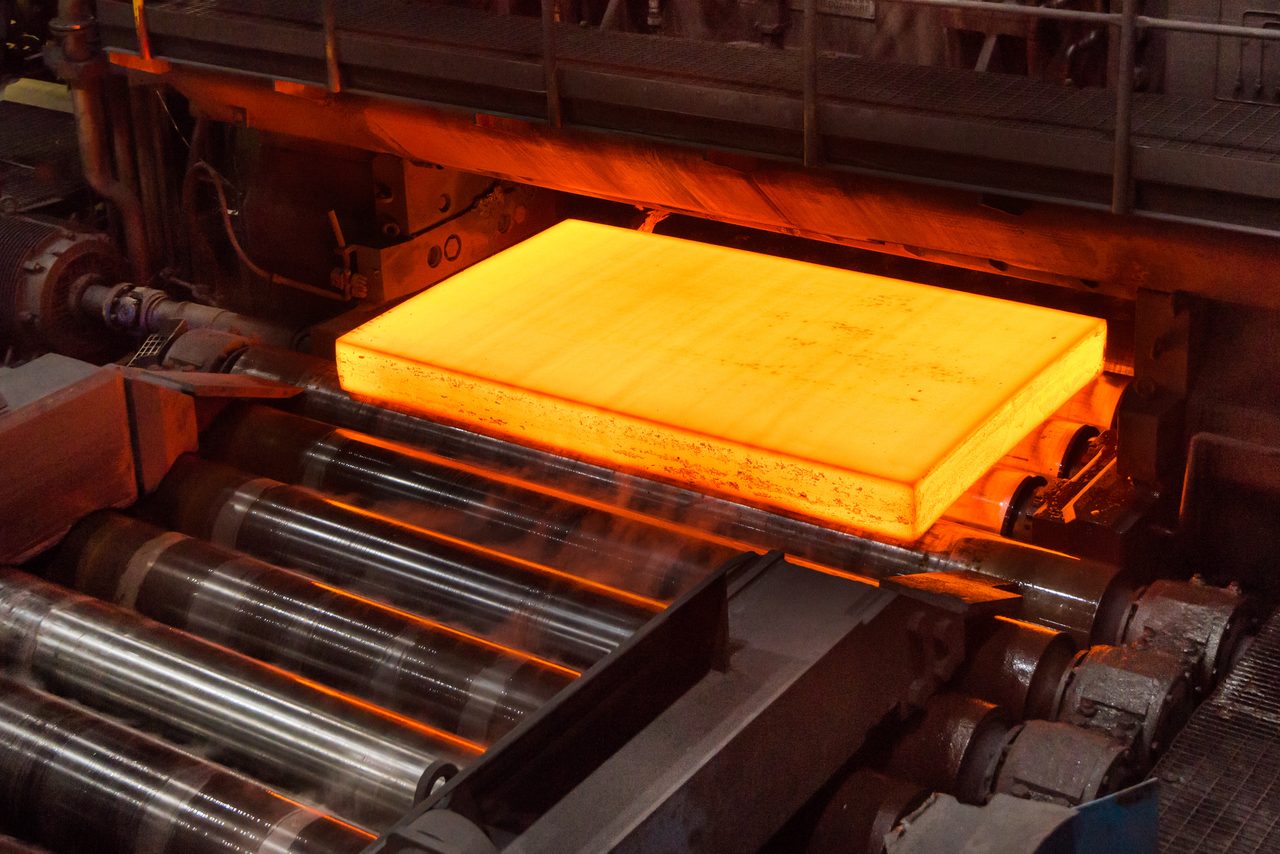In July, Sweden-based SSAB Oxelösund rolled the first steel produced using Hydrogen Breakthrough Ironmaking Technology, or HYBRIT. The technique replaces coal and coke in steel production with fossil-free hydrogen.
In August, HYBRIT announced its first delivery to its first customer, Volvo Group. The steel was rolled at a pilot plant as a trial run before full commercial production in 2026. SSAB owns and intends to develop HYBRIT jointly with Swedish state-owned enterprises, LKAB and Vattenfall.
“The first fossil-free steel in the world is not only a breakthrough for SSAB, it represents proof that it’s possible to make the transition and significantly reduce the global carbon footprint of the steel industry,” says Martin Lindqvist, President and CEO of SSAB. “We hope that this will inspire others to also want to speed up the green transition.”
HYBRIT was first developed in 2016 with the aim of developing a technology for fossil-free iron- and steelmaking. In June 2021, SSAB, LKAB and Vattenfall were able to showcase the world’s first hydrogen-reduced sponge iron produced at HYBRIT’s pilot plant in Luleå. This first sponge iron has since been used to produce the first steel made with this breakthrough technology.
“We’ll be converting to an electric arc furnace in Oxelösund as early as 2025. This is the first production site within SSAB to make the transition, and it means that we’ll already be cutting large amounts of carbon dioxide emissions then. This is a major responsibility, one that we’re proud to shoulder, and it brings great opportunities to the region,” says Johnny Sjöström, head of SSAB special steels division.
HYBRIT estimates their steel will cost 20-30% more than steel produced the normal way given current electricity costs. Hydrogen production will be a significant draw on Sweden’s electrical grid. Experts at McKenzie found the total energy required to produce two million tons of hydrogen-based steel is about 8.8 Terawatt-hour, which is about the output from 300 to 1,100 wind turbines. Still, it’s cleaner than coke in terms of ambient air quality, which impact areas like the neighborhoods around BP Whiting’s 102,000 barrel-per-day coker in Whiting, Indiana.
McKinsey’s 2020 “Decarbonization challenge for steel” report notes the U.S. has already begun to phase-out coke and coal with natural gas at newer electric arc furnaces. They say the predominant production method in Europe is still the conventional, coal-dependent integrated blast furnace/basic oxygen furnace, and while biomass reductants are an option for places like South America, it likely won’t work on a large-scale in Europe.
With countries like Sweden committing to zero emissions by 2040, the report says “the need to assess alternative breakthrough technologies to reduce carbon dioxide emissions is high.” Between 2030 to 2040, the report estimates steel with hydrogen reductants will become cost-competitive against steel produced with fossil fuel reductants in Europe.

EDITOR'S NOTE
Sweden Rallies Behind
Fossil-Free Steel
Volvo group buys hydrogen-based steel as Swedish joint venture invests for 2026 commercialization of non-fossil reductant
By Austin Keating

